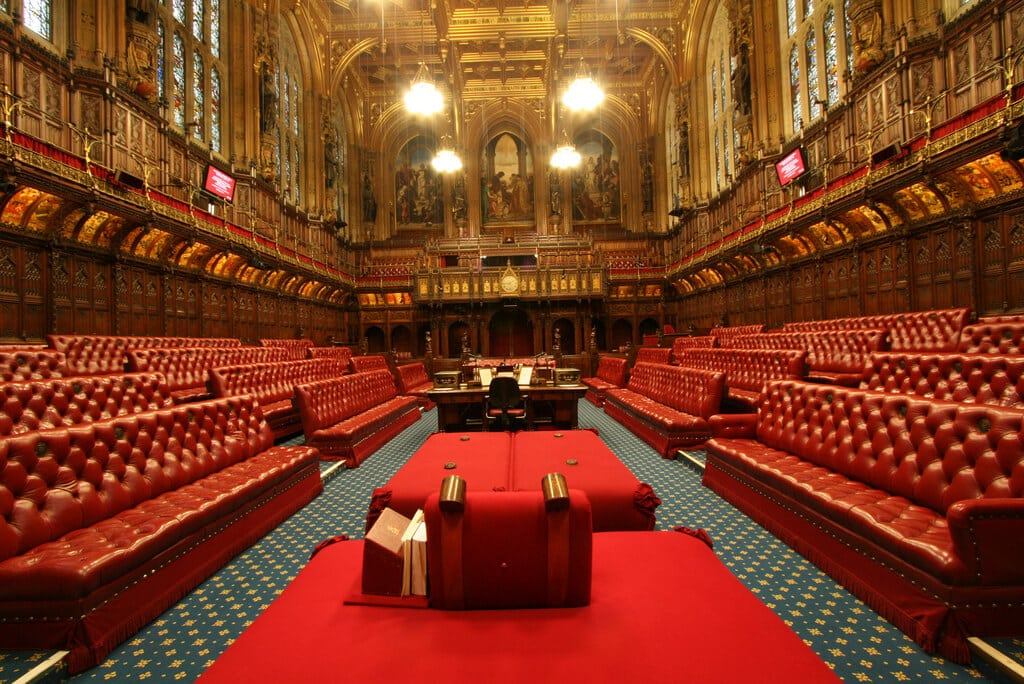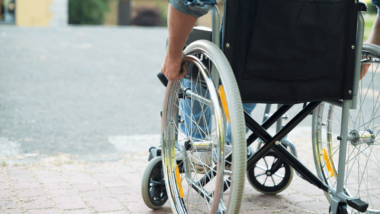Peers have pledged to fight against Kim Leadbeater’s dangerous assisted suicide Bill in the House of Lords.
Baroness Monckton MBE, whose daughter has Down’s syndrome, said she was “petrified” at the lack of protections in the Bill for those with learning disabilities, branding it “breathtakingly cruel and ignorant”.
Baroness Campbell of Surbiton, a founding member of Not Dead Yet, warned that disabled people’s lives “will be at great risk if the Bill passes into law”, while disabled Peer Lord Shinkwin feared the proposals ‘puts a price on his head’, and Lord Frost said opponents would contest Friday’s ‘shameful vote’ in the Lords.
Lives devalued
Writing in the Daily Mail, Lady Monckton explained: “The biggest concern for every parent is what will happen when we are dead. Who will look after our ‘child’, who will understand their needs, care for them in the right way and facilitate their way through life?
“But now, to add to that worry, is another enormous and unspeakable question – how can we stop them being killed?
“I cannot believe that I am having to write these words. Yet the assisted suicide Bill makes no special provision whatsoever for this disenfranchised group.
“How have we got to this place, where some lives are valued more than others?”
‘A law for the strong against the weak’
She added: “All legislators – of which I am one, in the House of Lords – should be considering the weakest and most vulnerable when making momentous, and in this case, literal, life and death decisions.”
Consequently, she said, Leadbeater’s plans make her angry: “Angry at the lack of rigour in this bill. Angry at the lack of understanding of people with learning disabilities. Angry at the implicit assumption that their lives are not worth the same as the rest of the population.
“This should never have been a Private Member’s Bill. It has not had the scrutiny or the parliamentary time necessary for such a momentous change in the way we live and die.
“It is a law for the strong and determined against the weak and the vulnerable. All of us in Parliament should know which of those needs the most protection.”
‘Potentially calamitous’
Celebrating the Bill’s passage through the House of Commons, Dame Esther Rantzen claimed that it was now the duty of the Upper House “to scrutinise, to ask questions, but not to oppose.”
But Lord Jackson of Peterborough said it was right for the House of Lords “to amend or delay a bill which was never put to the people in a manifesto, backed by only a minority of MPs, was poorly drafted, rushed and barely scrutinised and will have hugely profound effects on vulnerable people and the resources of the NHS”.
The Daily Telegraph warned that the Bill threatened “potentially calamitous consequences” and that the “only hope of mitigating its worst aspects now lies with the House of Lords”. However, it concluded, “the revision required to make this legislation workable and safe will have to be radical”.
Proper scrutiny
The Christian Institute’s Director Ciarán Kelly said: “Now is not the time to give up. Although this dangerous legislation has now been approved by MPs, it is still a long way from the statute book.
“The more closely it is examined, the less support it has. The majority of 55 in last November’s vote was cut to only 23 at Third Reading.
“The Bill now goes to the House of Lords, where its many flaws will face far more robust scrutiny. Without the persistent curtailing of debate that happens in the Commons, Peers will be able to give this life-and-death issue the time and attention it deserves.”
MPs approve ‘dangerous’ assisted suicide Bill
Hospices that refuse ‘to kill patients’ fear Govt defunding
Man almost dies after taking partner’s assisted suicide drugs


